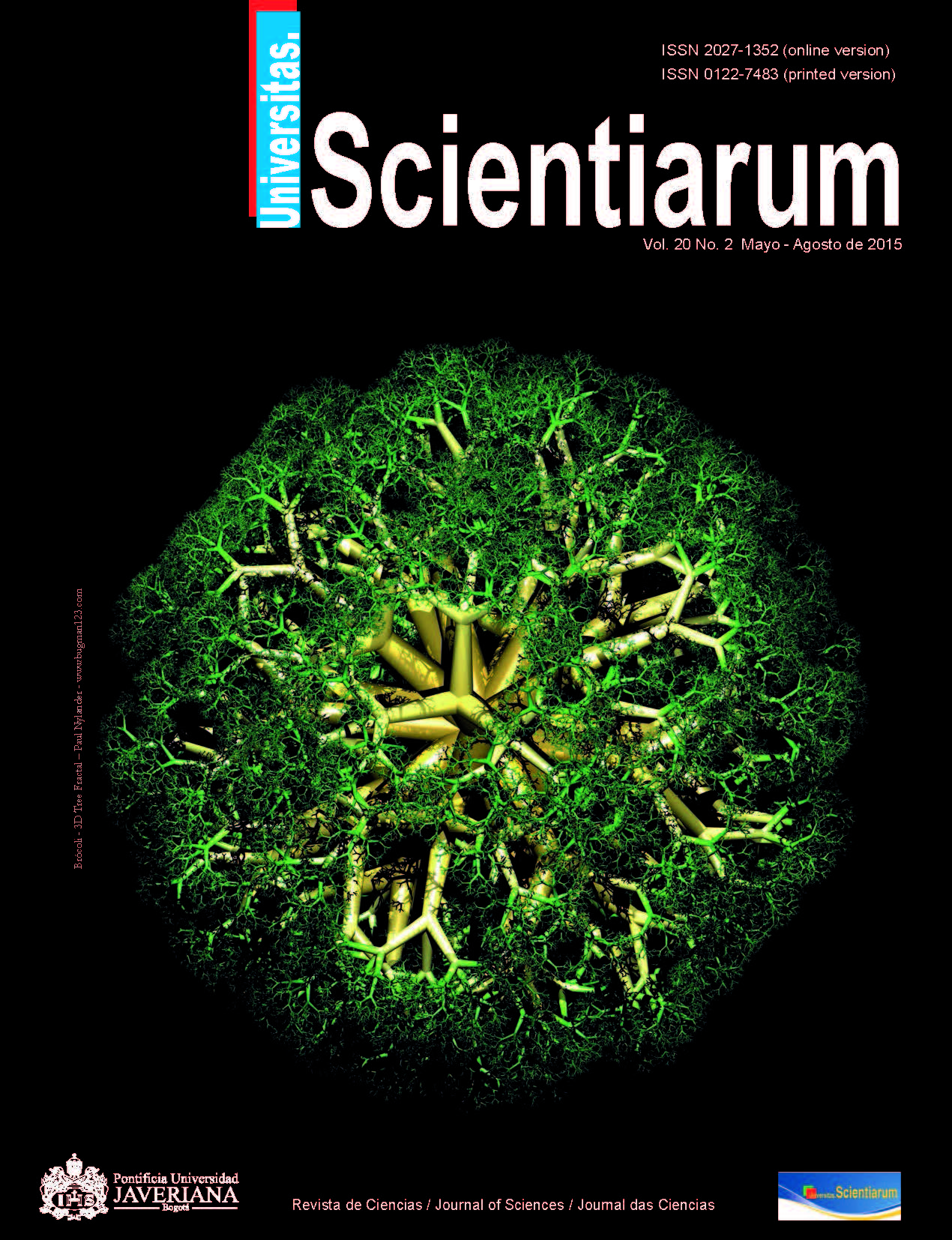Abstract
Tabebuia rosea germination capacity and rate have been examined under light and dark conditions. However, seeds responses to light quality, in particular to short and mid-wavelengths, are not well known. We hypothesized that short wavelengths would have a positive effect on T. rosea germination. The effects of short, mid and long-wavelengths on germination capacity, rate (germination rate index, germination rate R50, a devised index of germination rate R50´ and peak value), mean daily germination and germination value were evaluated. Light quality had little effect on germination capacity; it was reduced only in darkness. Seeds under short and mid-wavelengths germinated faster (germination rate) than under any other light treatments. We concluded that although T. rosea seeds respond to all light quality treatments, the short and mid-wavelengths are the cue for increasing germination speed. For synchronizing germination, short and mid-wavelengths transmitted by red cellophane paper can be used as a pre-germinative treatment for restoration and silvicultural purposes.
Univ. Sci. is registered under a Creative Commons Attribution 4.0 International Public License. Thus, this work may be reproduced, distributed, and publicly shared in digital format, as long as the names of the authors and Pontificia Universidad Javeriana are acknowledged. Others are allowed to quote, adapt, transform, auto-archive, republish, and create based on this material, for any purpose (even commercial ones), provided the authorship is duly acknowledged, a link to the original work is provided, and it is specified if changes have been made. Pontificia Universidad Javeriana does not hold the rights of published works and the authors are solely responsible for the contents of their works; they keep the moral, intellectual, privacy, and publicity rights. Approving the intervention of the work (review, copy-editing, translation, layout) and the following outreach, are granted through an use license and not through an assignment of rights. This means the journal and Pontificia Universidad Javeriana cannot be held responsible for any ethical malpractice by the authors. As a consequence of the protection granted by the use license, the journal is not required to publish recantations or modify information already published, unless the errata stems from the editorial management process. Publishing contents in this journal does not generate royalties for contributors.



